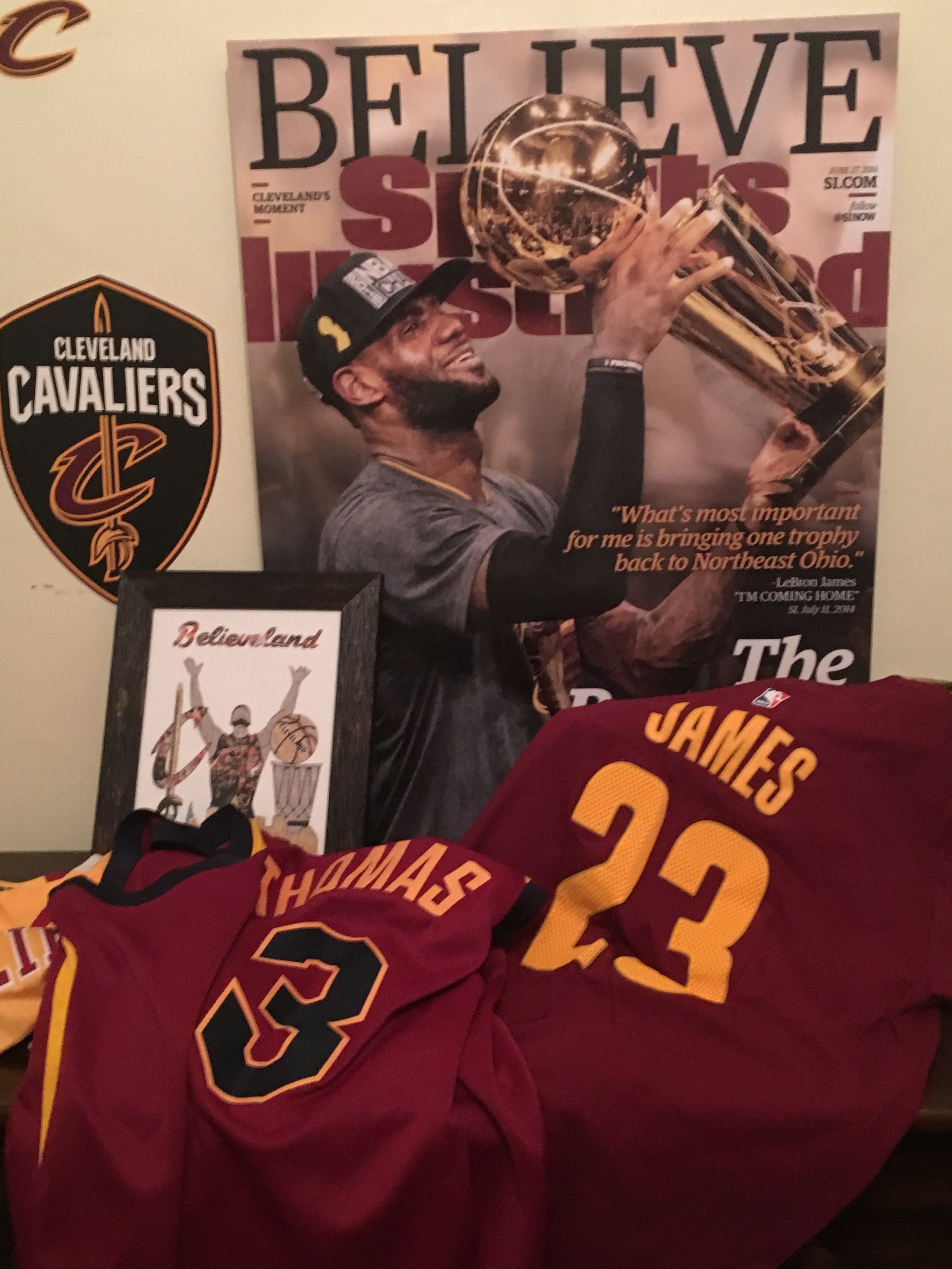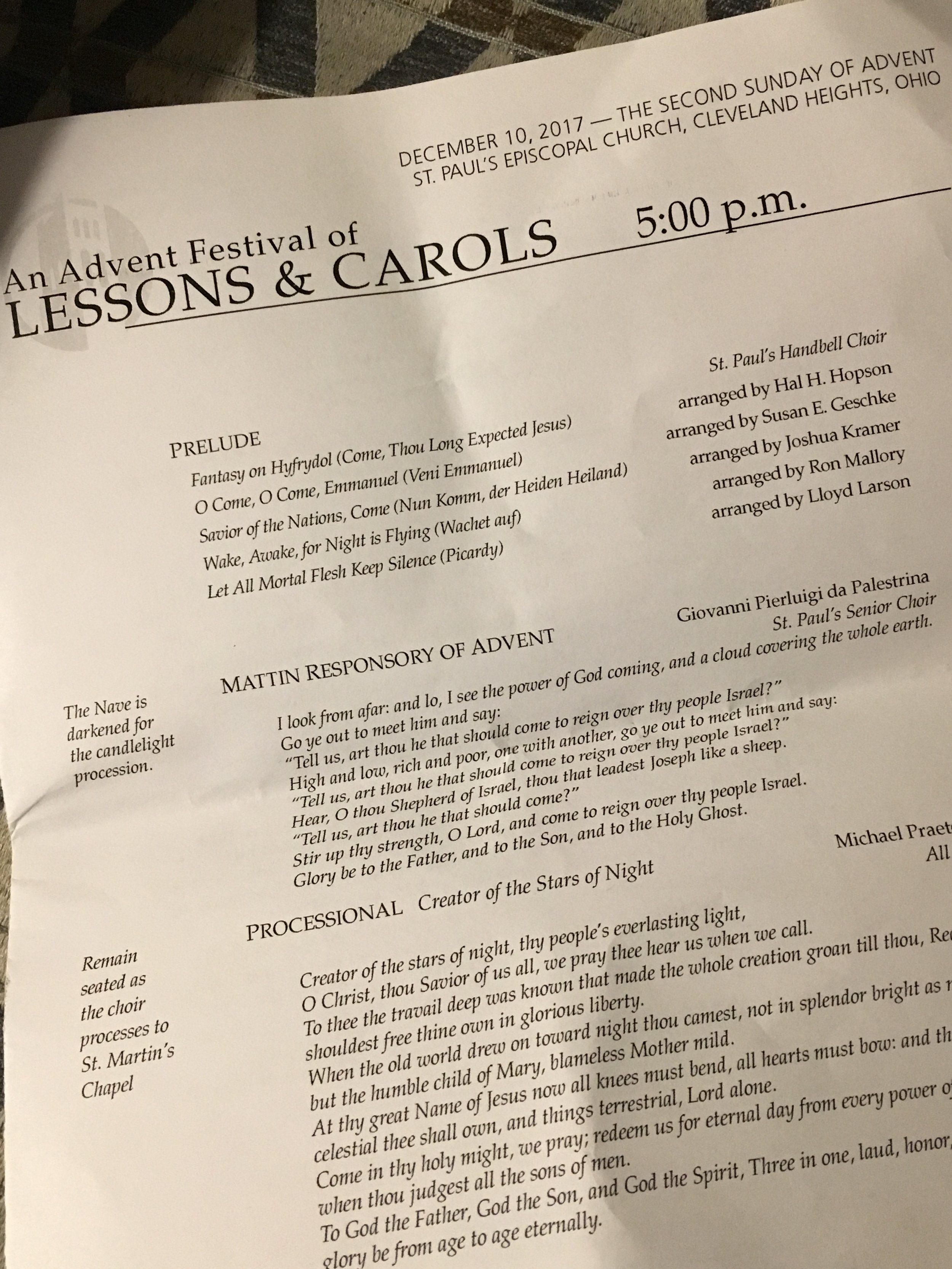Happy 4th of July, Eagles Mere. When the invitation came to speak today, at first, I wanted to decline. I waited a few days before saying yes. I am worried about our country and I couldn’t think what I might say. And now a thunderstorm threatens to eclipse me, anyway.
My heart feels heavy these days about how we are doing as a country.
My son, however, reminded me that, in my work as the Head of a girls’ school, I talk all day long about concepts like civic responsibility and giving back and duty—I was busted by a thirteen year old. So, here I am on this anniversary of our country’s declaration of independence from another country, whose system of government and the behavior of a tyrannical King felt intolerable.
Because I am an English teacher, I went back to the words of the Declaration of Independence to inspire me, particularly this phrase, the very end of the declaration: “we mutually pledge to each other our Lives, our Fortunes and our sacred Honor.”
What might that mean today? What does mutual mean?
Right—both of us.
Pledge means promise.
“Pledge to each other our lives, our fortunes—“
Do you think they meant only money? Or could fortune mean something else?
I think it could also mean destiny, what happens next—because there were no guarantees about what might happen, how hard the struggle for independence might be—and, in fact, was.
“And our sacred honor”—You know that sacred means holy—but honor is a word we don’t talk about enough any more. To behave honorably means to do the right thing, even when no one is watching, to do what’s right instead of what’s easy, to hold oneself to the highest standards of integrity and justice and morality and faith, if you are a person of faith—it’s like having a tiny version of Jiminy Cricket on your shoulder all the time.
Those are the words with which those flawed, oh-so-human, white Protestant men ended our Declaration of Independence. They didn’t know much about inclusion—they didn’t see women or people of color or immigrants as equals—even though they were, actually, all immigrants. They were operating from a fundamental platform of privilege—and yet, they were doing the best they could to establish a democracy, to seek change for a common good—and they understood there was risk involved. They did not know how things would turn out.
I often wonder if they were frightened, those men who disagreed and fought and fussed in Philadelphia—they actually wrote another document the year before they wrote the dec—we don’t read that one very much, but remembering that it existed reminded me of two things I wanted to share with you today
1) Writing anything in a group is a terrible idea—it’s really hard to get people to agree—John Dickinson and Thomas Jefferson, in particular, had a hard time compromising…Jefferson won.
2) The group of signers believed in their ideals, in their hope for a future that was different from what they knew. They were willing to put their lives on the line for those beliefs—with no guarantee that things would work out—because there are no guarantees when we try to do something new and hard; the point of risk-taking is that it implies risk. When we play it safe, we do not change or grow or stretch or even learn. Sacrifice is hard.
We talk a lot in our country about how it is a privilege to disagree—and it is. Sometimes we forget the back end of privilege—that is obligation and responsibility.
These days, we’ve seen some nasty habits develop, which worries me for the children in our audience. Some politicians and regular people and even some people in this very crowd have fallen into a pattern of demonizing anyone with whom they disagree—of hating the person along with what that person thinks. That feels dangerous to me. And cowardly.
We have fallen far from pledging our lives, our honor and our sacred trust—we have forgotten that, at our best, we are all on the same side, this country’s side—and that our own personal gain must come way after the good of the country, but we have different ideas about what is best for our country—very different ideas, and we are out of practice about how to disagree respectfully.
The internet doesn’t help—it’s too fast, too easy to write things that we can’t take back—and we also get, from social media, a false sense of the speed with which the work of government generally happens—there ought to be process and checks and balances and due process and time for legislators to take the pulse of their constituents.. Real government is the opposite of Twitter.
In my school, civil discourse is a term we often reference—but don’t always know how to do. It’s a concept the founding fathers understood—and wrestled with. They debated fiercely among themselves—Dickinson and Jefferson had spirited disagreements about how hard to push the British king, what tone to take. They kept coming back to the conversation in order to get to a place where their egos stopped getting in the way, and they found what they thought was the approach that would best serve the whole new country, the common good. Of course, Hamilton and Burr debated all through their adulthood—that one didn't end so well.
I’m thinking our country needs a big dose of the kind of civility that has nothing to do with behaving properly at tea parties or kissing relatives you don’t particularly care for—and, by they way, no child should ever be forced to kiss anybody—the civility that centers on engaging passionately in debate with people you respect, but with whom you may not agree. Wikipedia reminds us that civility is “the action of working together productively to reach a common goal—robust, even passionate engagement framed in respect for differing views”—civility doesn’t mean being polite or sweeping disagreement under the rug—it’s about listening and using reason and structuring persuasive arguments and pursuing a common goal. It’s not impulsive or driven by ego. It might even require you to be vulnerable enough to change your mind.
These days, it is tempting to live in an echo chamber of our own devising. It requires enormous discipline to really listen without planning a rebuttal, which we have already decided is obviously the more correct response!
There are consequences for our nation when divisiveness reigns—moments when some feel ashamed to be American and some feel jubilant and paint the name of the President across the side of their barns. While historians consider the long arc of history, much of the tension in our nation remains unresolved—tensions linger from the Civil War, the Civil Rights movement, Viet Nam—conflict rarely gets wrapped up tidily in a bow. But passive and mad and judge-y don’t effect change—it takes a long time to work our way to shared understandings, but we can neither despair, give up, retreat, take refuge under the lemonade table over there or brag or declare victory or act superior and emboldened.
We are not tumbleweeds—We have agency and the opportunity to work towards a better, shared vision of our nation.
Some moments in history last longer than we want them, too, but over a long period of time, their impact may seem less than what some of us fear. That sustained effort will be required to forge a path forward is hard for us to understand in the quicksilver pace of our world—enduring truths run counter to all we know and experience today.
Those guys who wrote the Declaration of Independence and the Constitution were privileged. Like them, all of us on this mountaintop are privileged, regardless of the amount of money in our bank accounts. We are privileged to be near an exquisite lake in a small town so pristine it can feel almost Utopian, privileged to be able hold ourselves apart from the news and the world for a time. It is good to rest, to celebrate, to come together for a parade that features dachshunds and kazoos and fire trucks, to wear red, white and blue and smirk a little, but also to love dressing up a little and coming together year after year.
And then, it is good to keep working to make the world better, to protest or publish extraordinary magazine covers or call our senators and congressmen, or register people to vote, or vote ourselves—which we must—because that is both a privilege and a responsibility that should never be squandered.
It’s also an option to talk, to really talk through tough topics with the goal of seeking understanding as we listen and learn, not with the goal of convincing another person that our point of view is the better one.
It’s a privilege not to take a stand, not to get involved—don’t give into that type of entitlement— it’s beneath us as Eagles Merians. I encourage each of us to be a citizen. You might offend someone and someone might offend you. That’s okay, even likely. But stay in the game. Keep working to be worthy of those lofty 17th c. ideals. For me, action is the antidote to apathy. Hope is essential; it has always been elemental. Despair is a luxury we can ill afford.
Don’t ask a child what she wants to be when she grows up; ask her what she wants to do—then, model the doing of what you believe in for her and with her—what we say matters, what we do matters even more. We can all do things that matter. Let’s get on with it.
In a moment, there are Lemonade and cookies for the children.
Let us thank those involved with putting the parade together for us. And honor Johnnie Voorhees, who started this parade during the darkest days of WWII, a tradition that has continued ever since.
Finally, I want to tell you about a new Poet-tree sponsored by Endless Arts, who seek to infuse our Eagles Mere summer with poetry. We hope every organization in town will find a way to embrace poetry — parents could read poems to their children, all of us could write poetry and read it and join in some of the activities Endless Art offers.
A great place to start is the poetry tree across the street in front of The Common Good, and you’ll find waterproof paper and decorative pens. Then hang your poem from the tree. Maybe it is a poem you’ve written or maybe one you love. Look for poems in other places, such as the Laurel Path and at the beach...
The poem I’ll share in advance of the story is by gay journalist, abolitionist, civil war nurse, Walt Whitman—I am glad to have his voice with us on this Fourth of July!
I Hear America Singing by Walt Whitman
I hear America singing, the varied carols I hear,
Those of mechanics,
each one singing his as it should be blithe and strong,
The carpenter singing his as he measures his plank or beam,
The mason singing his as he makes ready for work,
or leaves off work,
The boatman singing what belongs to him in his boat,
the deckhand singing on the steamboat deck,
The shoemaker singing as he sits on his bench,
the hatter singing
as he stands,
The wood-cutter’s song,
the ploughboy’s on his way in the morning,
or at noon intermission or at sundown,
The delicious singing of the mother,
or of the young wife at work,
or of the girl sewing or washing,
Each singing what belongs to him or her and to none else,
The day what belongs to the day—
at night the party of young fellows, robust, friendly,
Singing with open mouths their strong melodious songs.
I hope you will raise your voices with Whitman--Sing loud this 4th of July!

















